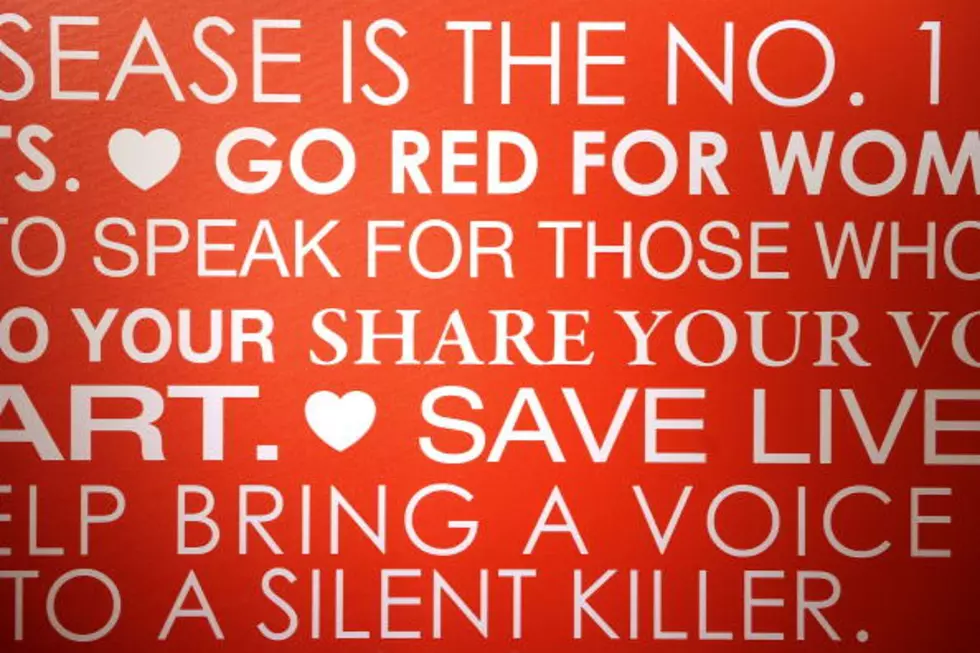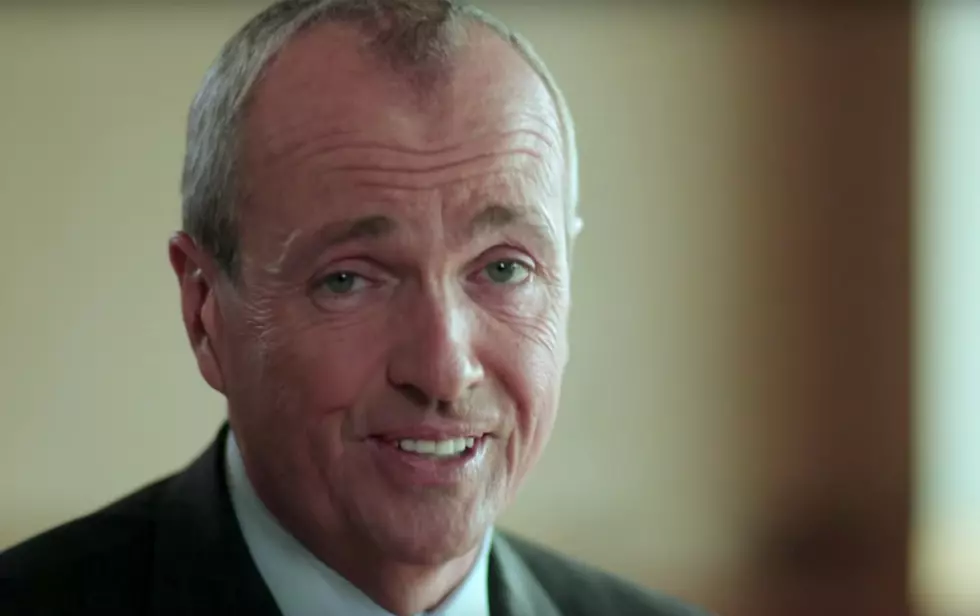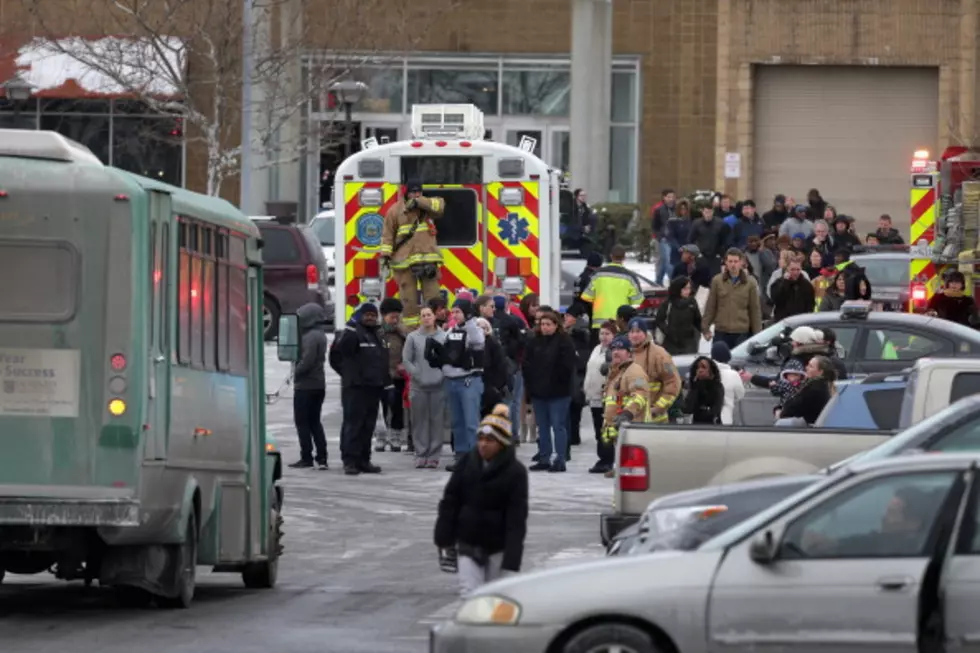
JPMorgan, Goldman Need Better Capital Plans: Fed
JPMorgan Chase and Goldman Sachs need better plans for coping with a severe recession, the Federal Reserve said Thursday, giving the banks until September to revise them.
The announcement came as part of the Fed's so-called "stress tests," its annual check-up of 18 of the country's big banks. The government runs the tests to see how the banks would fare in a bad economic downturn. As a result of the tests, it also tells each bank whether it's allowed to raise its dividend, the quarterly payout it gives to stockholders, or buy back more of its own shares.
Overall, the Fed approved requests outright from 14 of the banks, including Citigroup, Wells Fargo, Morgan Stanley and Bank of America. Senior Fed officials painted a picture of a healing industry, saying the banks had made great strides since the tests were started in 2009.
JPMorgan and Goldman, both based in New York, are allowed to increase their dividends and buy back their stock. That privilege would be withdrawn only if they didn't submit new capital plans that satisfy the Fed.
JPMorgan Chase & Co. said it had received permission to raise its quarterly dividend to 38 cents per share, from the current 30 cents, and to buy back up to $6 billion worth of its own stock. Goldman Sachs Group Inc. didn't give specifics about its plans.
Both the banks have emerged from the financial crisis not unscathed but better than many of their peers. Goldman currently pays a quarterly dividend of 50 cents per share, by far the highest of any of the six mega-banks. JPMorgan is second.
In a statement, JPMorgan CEO Jamie Dimon said he was pleased that the bank would continue to raise its dividend and buy back shares, and he predicted continued growth for the bank. It was not his only headache of the day: The stress test results came at the same time that a Senate panel issued a scathing assessment of the bank's surprise $6 billion trading loss last year.
Goldman CEO Lloyd Blankfein said he was pleased "to continue to have the flexibility to return capital to shareholders."
The Fed didn't give specifics on why it is asking the two mega-banks to resubmit their capital plans, except to say that both had "weaknesses" in their plans or processes that required "immediate attention."
Dimon said that JPMorgan was "fully committed to meeting all of the Fed's requirements." Goldman said it would resubmit its plan, incorporating "certain enhancements" to its stress test procedures.
The banks with less-favorable results were Ally Financial and BB&T Corp. The Fed forbade them from going through with any dividend increases and share buybacks they may have asked for.
Detroit-based Ally shot back, saying its capital levels were strong and that the Fed's testing models were unreasonable, assuming loan-loss rates in at least some areas that were much greater than what the bank had experienced even in the peak of the Great Recession. Ally, the former financial arm of General Motors, is still majority owned by the government because it hasn't paid back its crisis-era bailout loans. It called for the Fed to be more transparent about its stress test models and methods. Senior Fed officials have said they don't want to reveal everything about the tests to the banks, saying it would be akin to telling a student what was on a test beforehand.
BB&T, based in Winston-Salem, N.C., and concentrated in the Southeast, said it would resubmit its capital plan and that it believes that will "address the factors which led to the Fed's objections." It said it wasn't allowed to release specifics about why the Fed rejected its plan. Neither BB&T nor Ally specified exactly what they had asked for permission to do.
"We remain strongly committed to our shareholders and are proud to have one of the strongest dividend yields and highest payout rates in the industry," BB&T's CEO, Kelly King, said in a statement.
Senior Fed officials said there were different reasons behind their objections to Ally and BB&T. It found that a key capital ratio of Ally's would be just 1.5 percent if it proceeded with its capital plans as requested, then suffered a severe recession. The government wanted that ratio to be at least 5 percent.
The reason for BB&T's rejection was less obvious. Under those circumstances, the bank would have a capital ratio of 7.8 percent, according to the Fed's calculations -- well within the requirements.
The Fed said it rejected BB&T's request for "qualitative" reasons. It didn't give specifics, but that includes measures such as the Fed's assessment of a bank's capital planning process. The Fed also noted that BB&T had announced this month that is has changed the way it calculates certain assets. That means its capital ratios would be lower than what the Fed had predicted in the stress test report, where it used data that BB&T submitted in January.
The dividends and share buybacks that the Fed was mulling are important to ordinary investors, and banks. The banks know that their investors suffered big losses in the financial crisis, and are eager to mollify them. Some stockholders, especially retirees, rely on dividends for a portion of their income.
Buybacks are also aimed at helping stockholders. By reducing a company's number of outstanding shares, earnings per share can increase.
Both New York-based Citigroup Inc. and Bank of America Corp., based in Charlotte, N.C., said they had received permission to buy back stock. Neither asked to raise their dividends, which are stuck at 1 penny per quarter -- token amounts that they had to drop to when they were bailed out. Both have also been slimming down, getting rid of unwieldy units to become more manageable and profitable.
"We have simplified our company and we have more than adequate capital to support our strategic plans," said Brian Moynihan, Bank of America's CEO since 2010.
The tests are a reminder of how the government has expanded its power over the banking industry, and how much has changed because of it. The Fed said that the 18 examined banks paid out 19 percent of their profits in shareholder dividends last year -- half of what they paid out in 2006, before the financial crisis.
The stress tests have a variety of detractors. Some say they're too hard. Many of the banks have released their own calculations for how they'd fare under the distressed scenario the Fed describes, and have projected they'd fare better than the Fed predicted.
Critics on the other side say the tests are too easy, and that the Fed is concerned less with rigorous accountability and more with reassuring the public about the state of the industry.
Copyright 2013 by The Associated Press. All Rights Reserved.
More From New Jersey 101.5 FM






![U.S. Headed for Domestic Oil Only? [AUDIO]](http://townsquare.media/site/385/files/2014/02/143637418-300x200.jpg?w=980&q=75)


